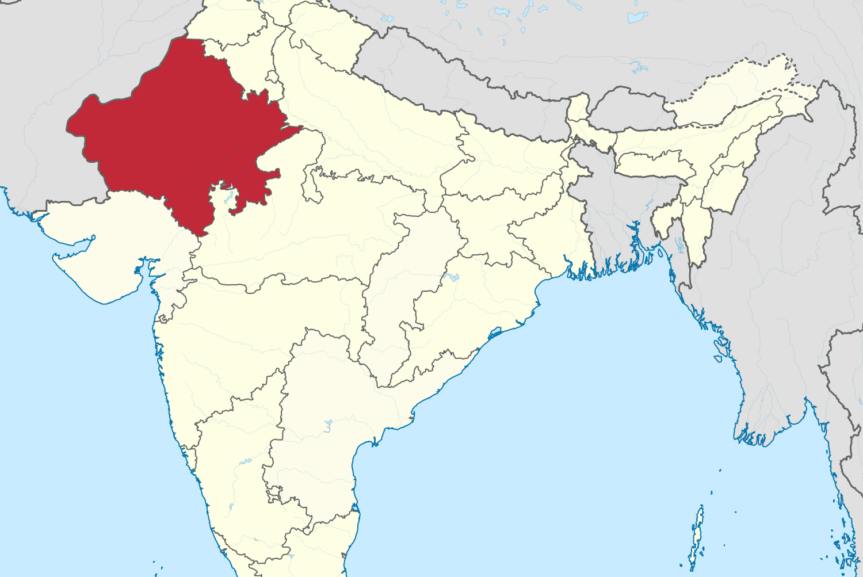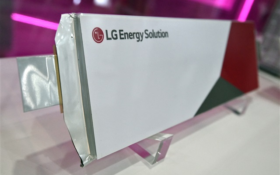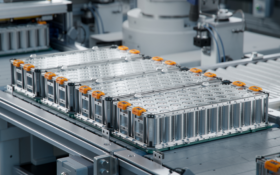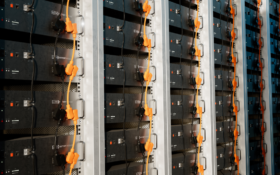The tax rate on lithium-ion batteries in India has been reduced from 28% to 18% in a bid to boost the country’s electric vehicle industry.
The cut announced by the Goods and Services Tax Council (GST), which was set up by the Indian government, was not as much as had been expected.
In a related move, the GST Council cut the tax on fuel cell vehicles from 28% to 12%.
The director of the India Energy Storage Alliance, Debi Prasad Dash (pictured), welcomed the reduction for lithium-ion batteries— but said greater incentives were needed to “boost the adoption of energy storage in India”.
Dash said the market for energy storage would grow to more than 300 gigawatt-hours during 2018-2025. “India is expected to attract investment in three to five gigafactories for advanced lithium-ion batteries, attracting over US$3 billion in investments in the next three years,” he said.
Industry observers in India said the reduction of GST on lithium-ion batteries for electric cars could help start-up and established manufacturers planning to make battery packs in India.
BEST Battery Briefing reported last month on India’s plans to launch its first national lithium-ion cells production plant, in a bid to reduce imports from regional battery makers and develop a domestic cell-manufacturing hub.
India lead-acid manufacturer Exide Industries said this month it was teaming up with Swiss battery storage firm Leclanché in a new lithium joint venture targeting the Indian market.












